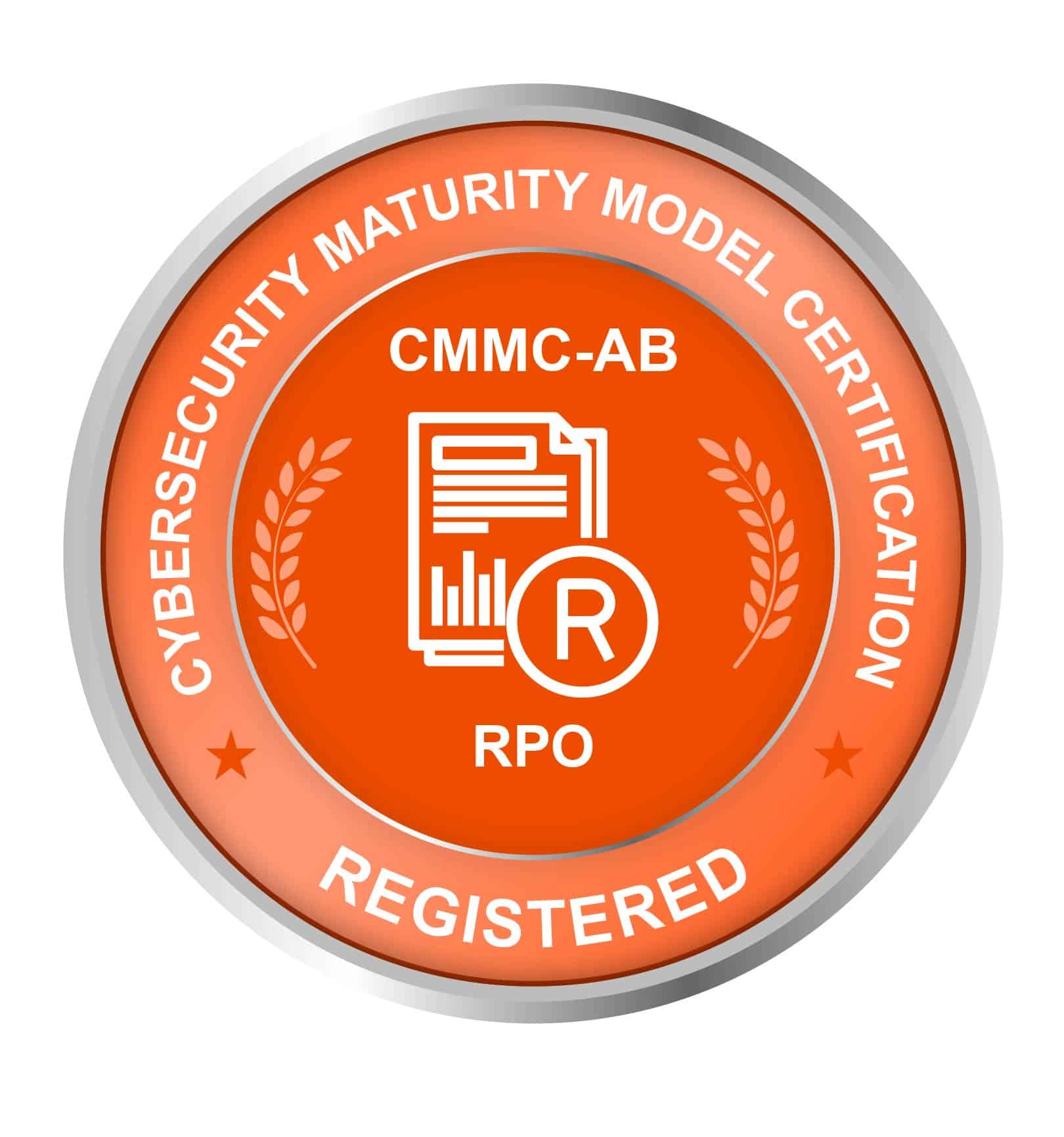A Beginner’s Guide to VoIP Systems: Top 5 Small Business Questions Answered
In today’s fast-paced business world, effective communication is crucial for the success of your small business. One solution that has gained popularity in recent years is Voice over Internet Protocol (VoIP) systems. As a small business owner considering this technology, you may have questions about how it works and whether it’s the right choice for your company.
VoIP systems allow you to make voice calls over the Internet rather than through traditional landlines or cellular networks. Implementing this technology can streamline your communication process, reduce costs, and enhance collaboration among your team members. As you explore the world of VoIP, we will address your top five questions regarding this emerging tool.
By understanding VoIP systems and their potential advantages for your small business, you can make informed decisions about your company’s communication strategies. Stay tuned as we dive into your most pressing questions and provide valuable insights on how VoIP systems can optimize your operations.
What Is VoIP and How Does It Work?
Understanding Voice over IP
VoIP, or Voice over Internet Protocol, is a technology that allows you to make voice calls using an internet connection instead of a regular phone line. This means you can make and receive calls from anywhere with a stable internet connection, providing flexibility for your small business.
When you make a VoIP call, your voice is converted into digital data packets transmitted over the internet. At the other end, these packets are reassembled and converted back into voice signals so the person you’re calling can hear and understand you.
Key Components of a VoIP System
There are a few main components that make up a VoIP system for your business:
- VoIP Service Provider: A company that offers VoIP services, including call routing, call management, and other features to help your business communicate effectively.
- IP Phones: Devices specifically designed to work with VoIP systems, offering call and audio quality comparable to traditional phones. They can be either physical desk phones or softphones (software-based phones) installed on your devices.
- PBX System: A Private Branch Exchange (PBX) is essentially the “brain” of your VoIP system. It connects all your IP phones and handles call routing, extensions, and other call management features.
- Internet Connection: A stable, high-speed internet connection is essential for a reliable VoIP service. Your connection’s speed and quality will directly impact your calls’ voice quality.
In summary, VoIP systems enable small businesses to use internet-based calling, providing flexibility and cost-saving benefits. By understanding the technology and ensuring your business has the necessary components, you can successfully implement a VoIP system that meets your needs.
Orion Networks Answers Your Top 5 Business VoIP Questions
How Much Does a VoIP System Cost?
VoIP systems can vary in price depending on the features you need and the size of your business. There are several factors to consider, such as the number of users, the type of equipment required, and any additional services you may need. It’s essential to compare different offers and providers to find a solution that fits your budget and meets your needs.
Is VoIP Reliable and Secure?
VoIP technology has evolved significantly, making it increasingly reliable and secure for small businesses. Many providers offer robust security features that protect from threats, such as encryption, firewalls, and regular system updates. To ensure reliability, it’s crucial to work with a reputable Washington DC VoIP company, such as Orion Networks, committed to delivering high-quality service to its clients.
What Are the Key Features of a VoIP System?
Some of the most important features a VoIP system should offer your small business include:
- Call routing and forwarding
- Interactive voice response (IVR)
- Conference calling and softphone capabilities
- Call recording
- Voicemail and voicemail transcription
These features can help streamline your communication processes and enhance productivity levels in your business.
Will a VoIP System Integrate with Existing Infrastructure?
Most VoIP systems can seamlessly integrate with your existing IT infrastructure. Modern VoIP solutions are designed to work with various types of office equipment, such as fax machines and traditional telephones, as well as popular software applications like CRM systems. Before choosing a VoIP provider, discuss your existing infrastructure and your requirements to ensure they can accommodate your needs.
How to Choose the Right VoIP Service Provider?
When selecting a VoIP service provider for your small business, consider the following factors:
- Reputation: Find a provider with a strong reputation for reliable, high-quality services.
- Features: Make sure they offer the key features that your business requires.
- Customer support: A knowledgeable, responsive customer support team is essential.
- Scalability: Choose a provider that can grow with your business as it expands.
- Pricing: Compare pricing across different providers to find a solution that suits your budget.
Considering these factors will help you make an informed decision and benefit your small business.
Understanding the Benefits of VoIP for Metro DC Small Businesses
When considering Business VoIP Services in Metro DC, it’s essential to understand the advantages it can bring to your company. This section will explore three key benefits of implementing a VoIP system: cost savings, scalability and flexibility, and improved communication and collaboration.
Cost Savings
One of the primary reasons Metro DC small businesses choose VoIP companies is the potential for significant cost savings. Traditional phone systems often carry many expenses, including installation, maintenance, and call charges. In contrast, VoIP allows for:
- Lower installation costs: Most hardware is virtual, so you don’t need expensive physical equipment.
- Minimal maintenance fees: Your VoIP provider (e.g., a DC VoIP company) handles upkeep, reducing the need for in-house technicians.
- Affordable call rates: VoIP users typically enjoy lower rates—even for long-distance and international calls—than traditional phone systems.
Scalability and Flexibility
As your business grows and changes, your communication system should be able to adapt. Metro DC VoIP companies provide scalable and flexible solutions, enabling you to:
- Add or remove users easily: VoIP systems can accommodate new employees without additional hardware.
- Adjust features as needed: You can select which features to incorporate into your system, tailoring it to your business requirements.
- Access your phone services from any location: Since VoIP operates over the internet, it’s possible to use your service from anywhere with a stable connection.
Improved Communication and Collaboration
A VoIP system can improve your staff’s ability to communicate and collaborate. With video calling and instant messaging features, your team can stay connected regardless of location. Additional benefits include:
- Call forwarding and routing: Ensure important calls reach the appropriate person by automatically forwarding them to a designated number.
- Virtual meetings and conference calls: Encourage collaboration by hosting virtual and conference calls, allowing remote team members to participate.
- Call analytics: Use call data to identify trends, measure productivity, and optimize your communication system.
You’ll enjoy cost savings, heightened flexibility, and improved communication by implementing a VoIP system for your Metro DC small business. These advantages can contribute to the continued success and growth of your company.
Top Tips for Implementing a VoIP System
Assess Your Network and Bandwidth Requirements
Before implementing a VoIP system, you should assess your network and bandwidth requirements. It’s important to ensure your network can handle the increased demands of VoIP communication. Check your existing bandwidth capacity and consider upgrading your internet connection if necessary.
Additionally, assess your network infrastructure, including routers, switches, and firewalls, to ensure they are compatible with VoIP technology. Ensure your network is secure and configured correctly to prioritize VoIP traffic for optimal performance and call quality.
Invest in Quality Hardware
To provide the best experience with VoIP, invest in quality hardware such as IP phones, headsets, and conference room devices. Make sure to choose hardware compatible with your chosen VoIP service provider. The higher quality of your equipment, the more professional and seamless your communication experience will be.
Here are some factors to consider when choosing hardware:
- Ease of use
- Call quality
- Compatibility with your VoIP service provider
- Additional features, such as video calling and conference calling
Train Your Team and Offer Support
Effective communication is crucial for any business, so ensuring your team is well-versed in using the VoIP system is essential. Provide comprehensive training, including hands-on sessions, to help your employees understand how to make the most of the new technology.
As part of your training, consider some of the following topics:
- Basic functionality and features
- Voicemail setup and retrieval
- Call forwarding and transferring
- Integrations with other software and tools
In addition to training, have IT support available to address any technical issues that may arise. Providing extensive support will help your team adapt to the new system more quickly and use it confidently.
Following these tips, you can effectively implement a VoIP system for your small business, streamline communication, and keep your team connected.
Why Hire Orion Networks For Your Business VoIP Systems
Choosing a trustworthy and reliable provider is essential when considering VoIP services in Washington, DC. Orion Networks is a top choice for business VoIP systems for several reasons:
Expertise and Experience
Orion Networks has been offering business VoIP services for years, providing them with the necessary expertise to effectively handle your company’s needs. Their team of professionals is well-versed in deploying and managing VoIP systems for small businesses, ensuring seamless communication and minimal downtime.
Customized Solutions
Every business is unique, and Orion Networks understands this. As a result, they offer customized VoIP solutions tailored to your specific requirements. This means you receive a system designed just for you, with features and capabilities that align with your operational needs.
Comprehensive Support
With Orion Networks, you can expect excellent support from their team of experts. They provide round-the-clock assistance to address any concerns or issues that may arise. This ensures your VoIP system is always running, minimizing any potential impact on your daily operations.
Competitive Pricing
Orion Networks offers business VoIP services at competitive rates, making it an affordable option for small businesses. By selecting their services, you can enjoy the benefits of an advanced communication system without breaking your budget.
Continued Innovation
Lastly, Orion Networks is committed to staying updated with the latest advancements in VoIP technology. This ensures your business has the most innovative tools to boost productivity and enhance communication between your team and clients.
By choosing Orion Networks, your small business can enjoy high-quality VoIP services in Washington, DC, tailored to your specific needs and backed by outstanding support.
Orion Networks makes your data magic! Call us today.










